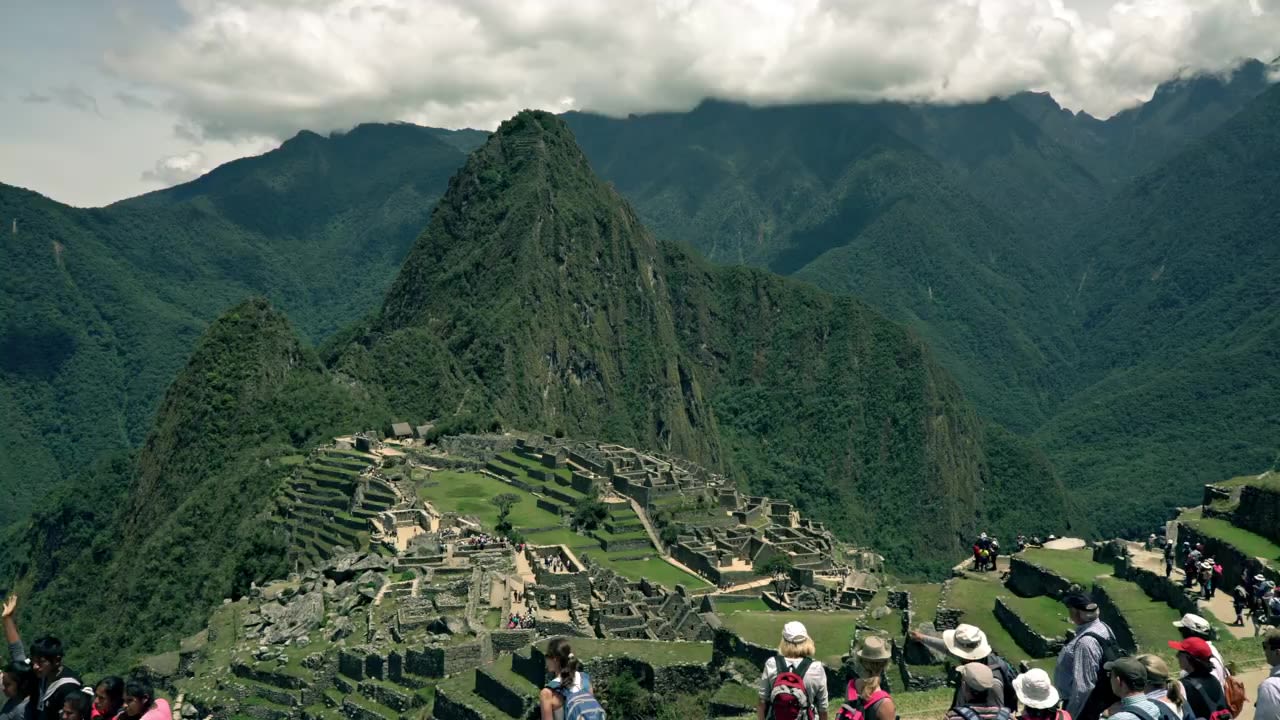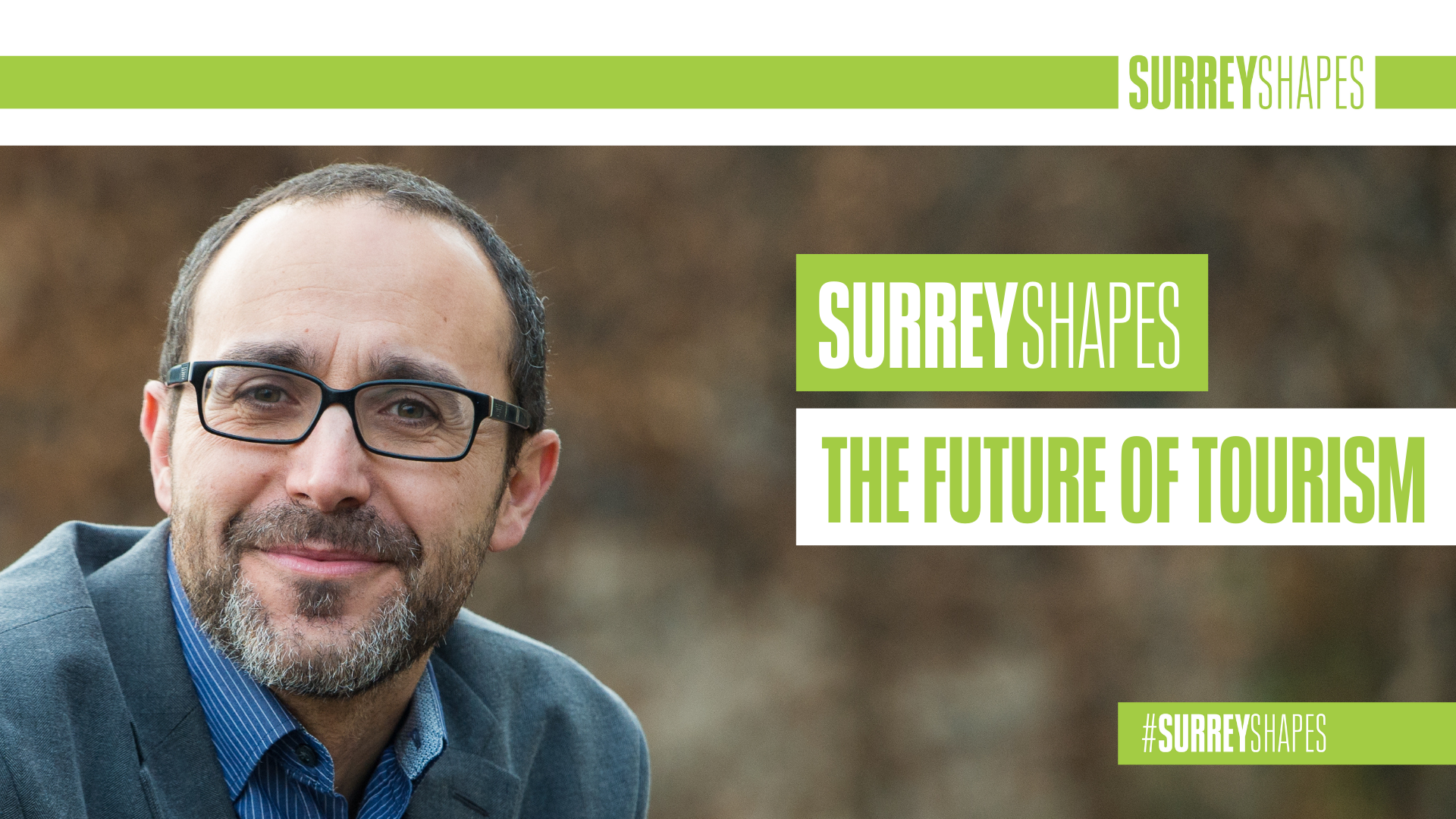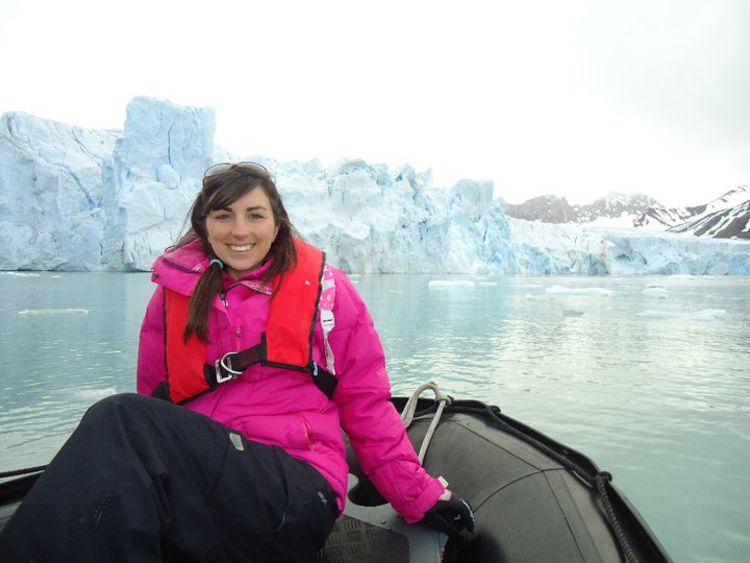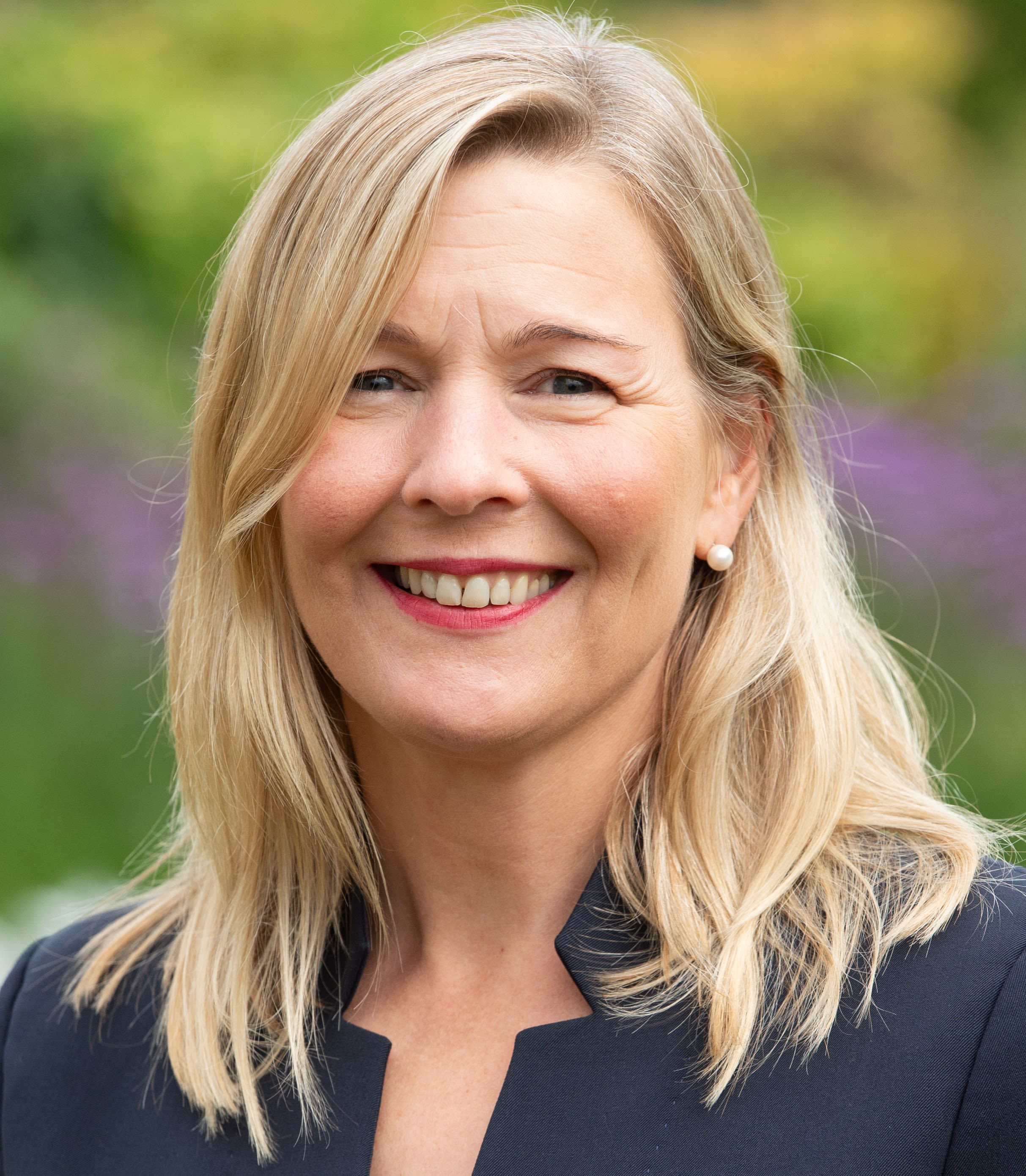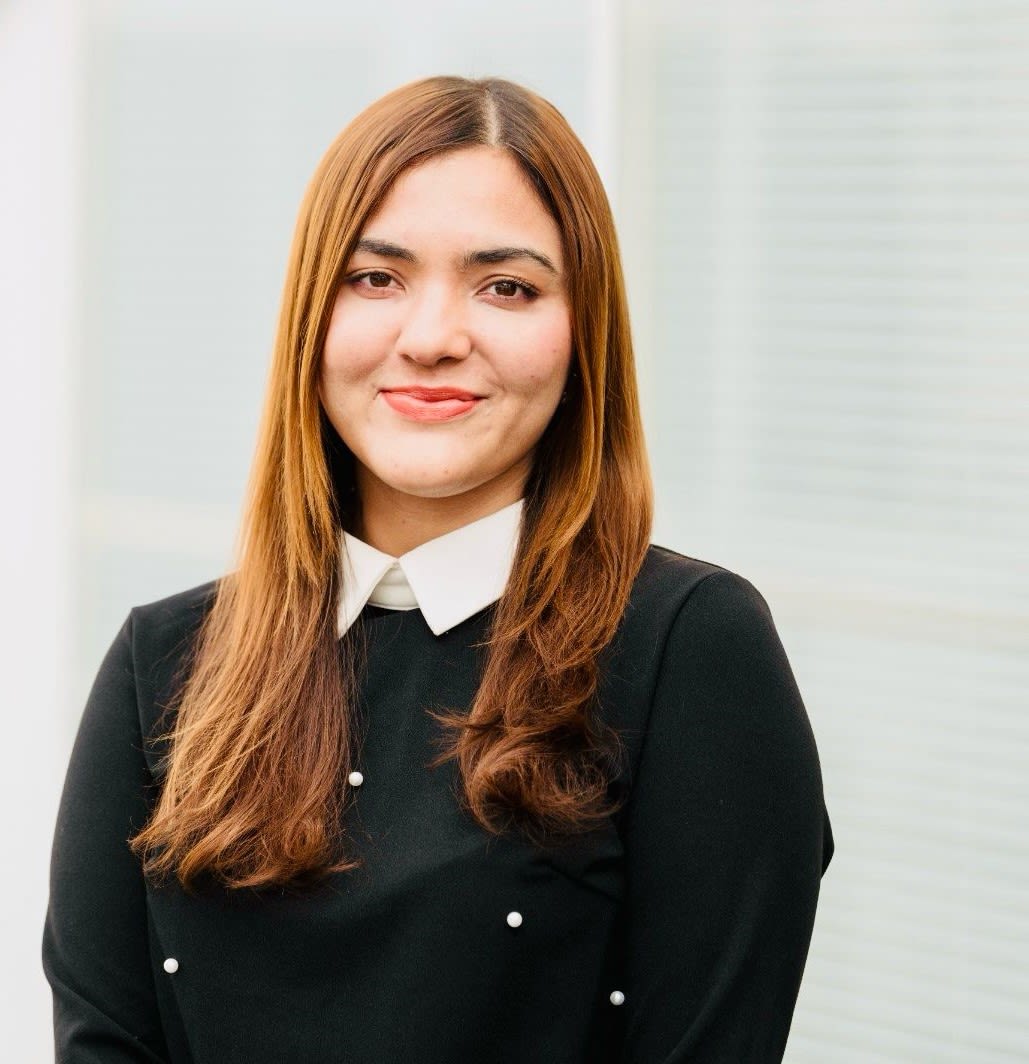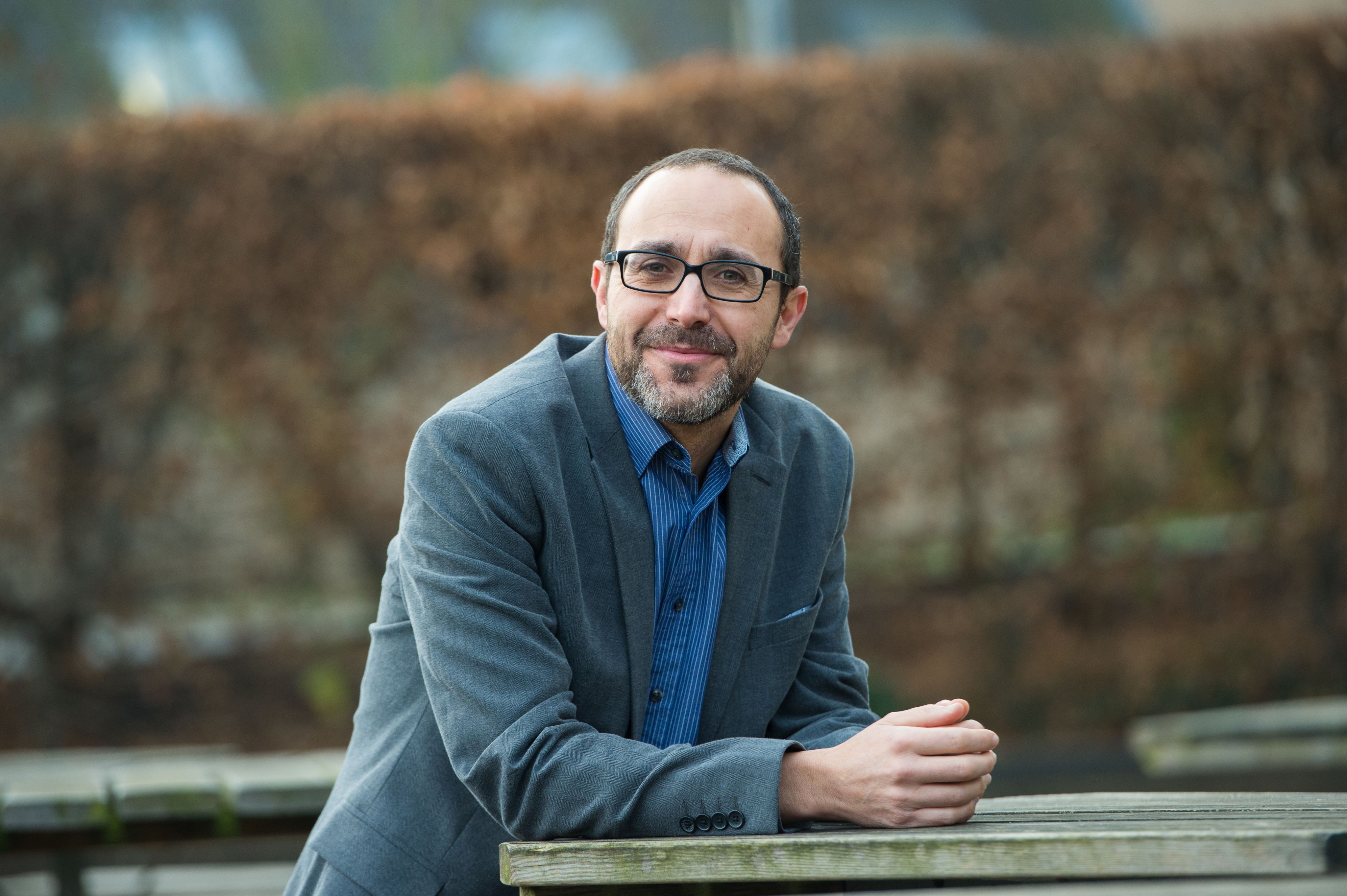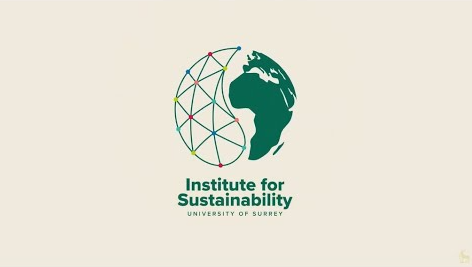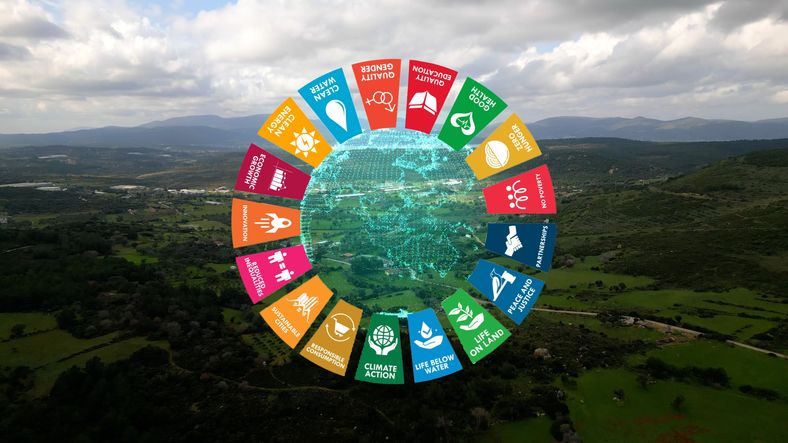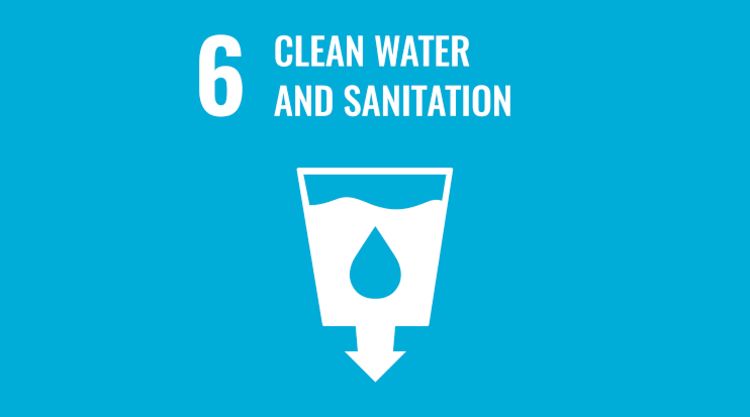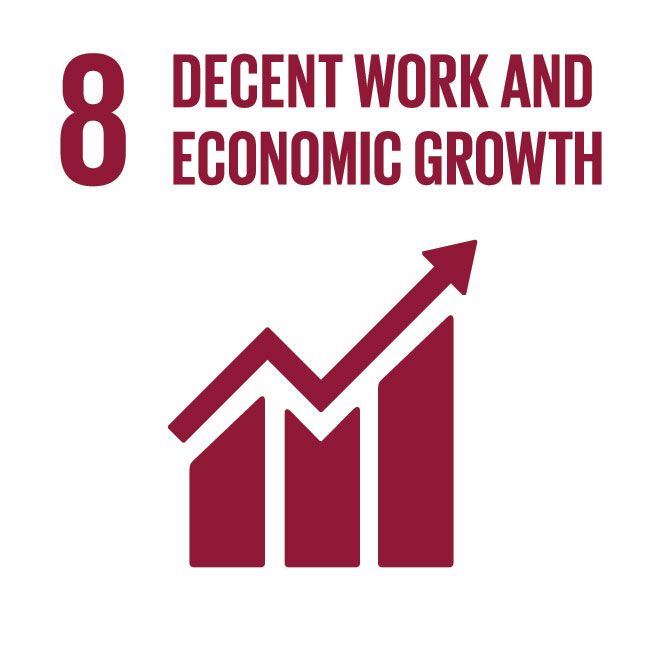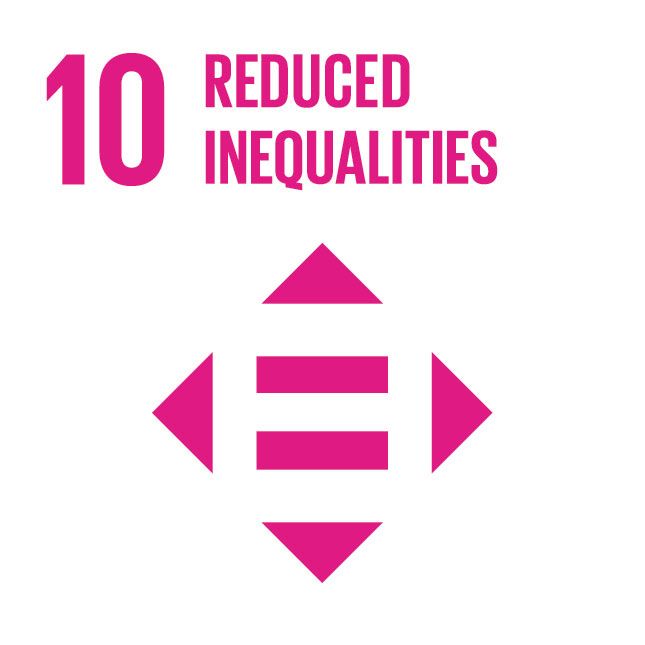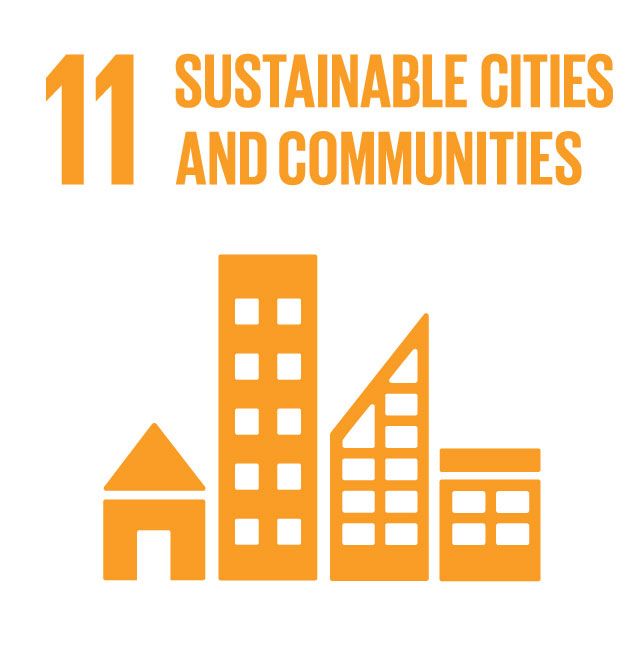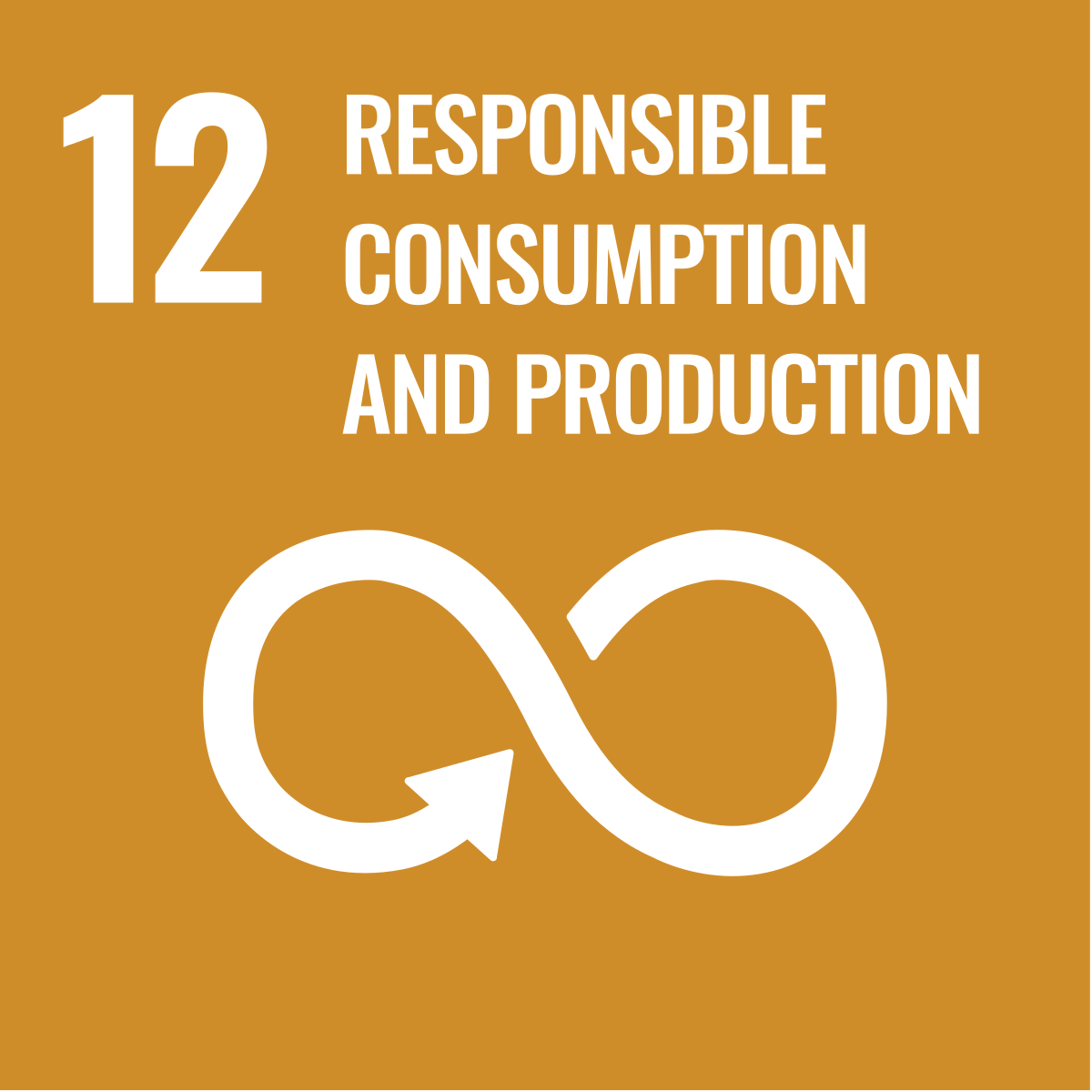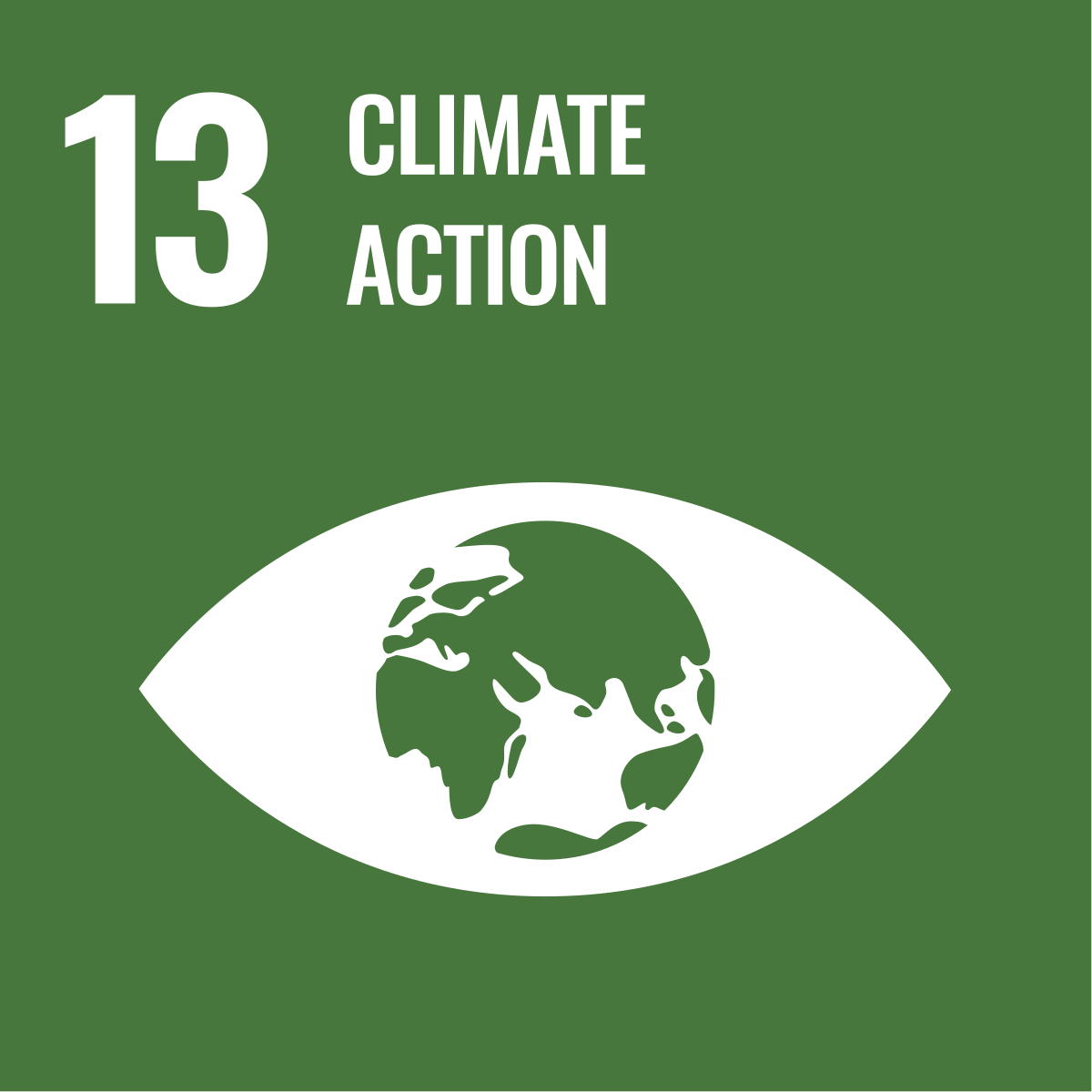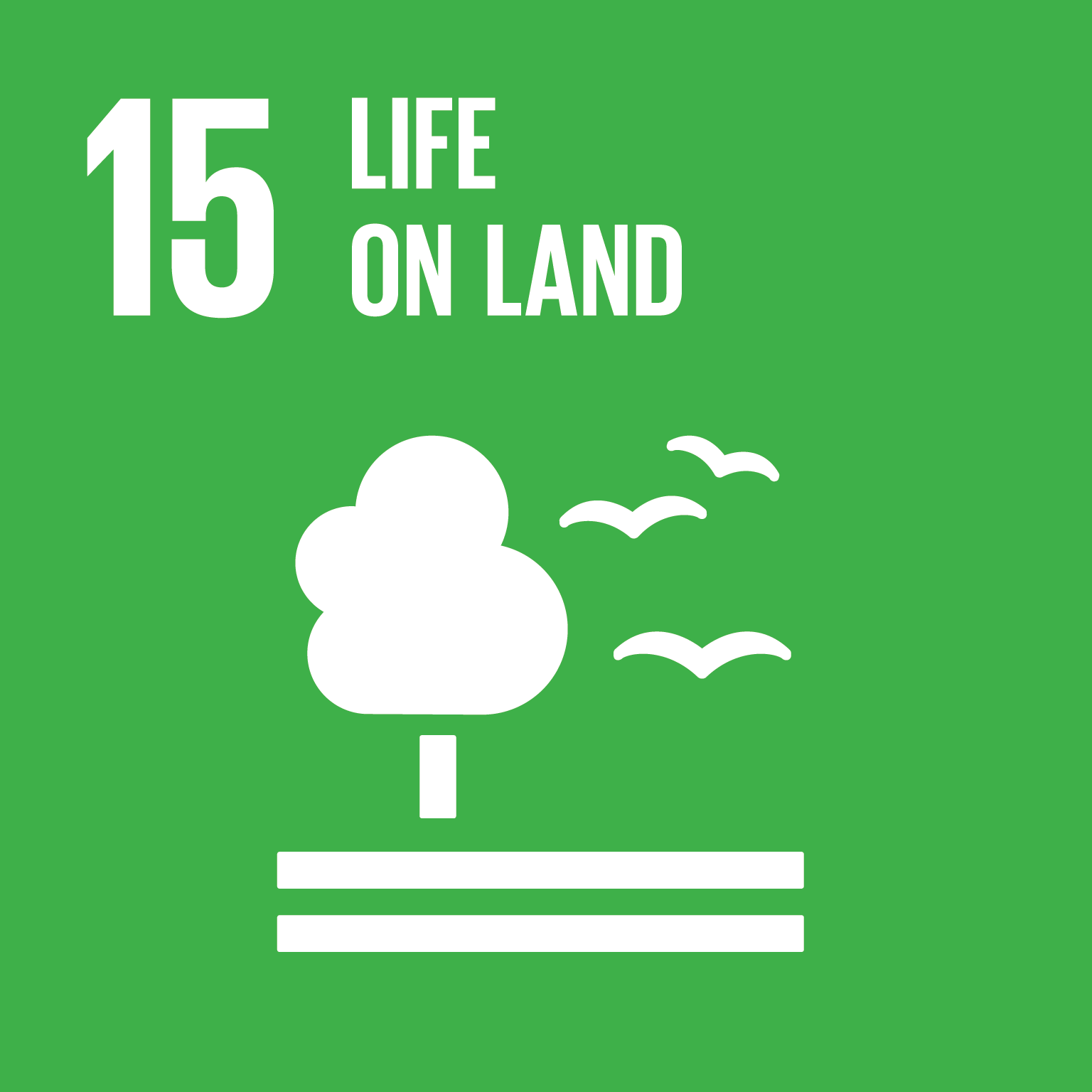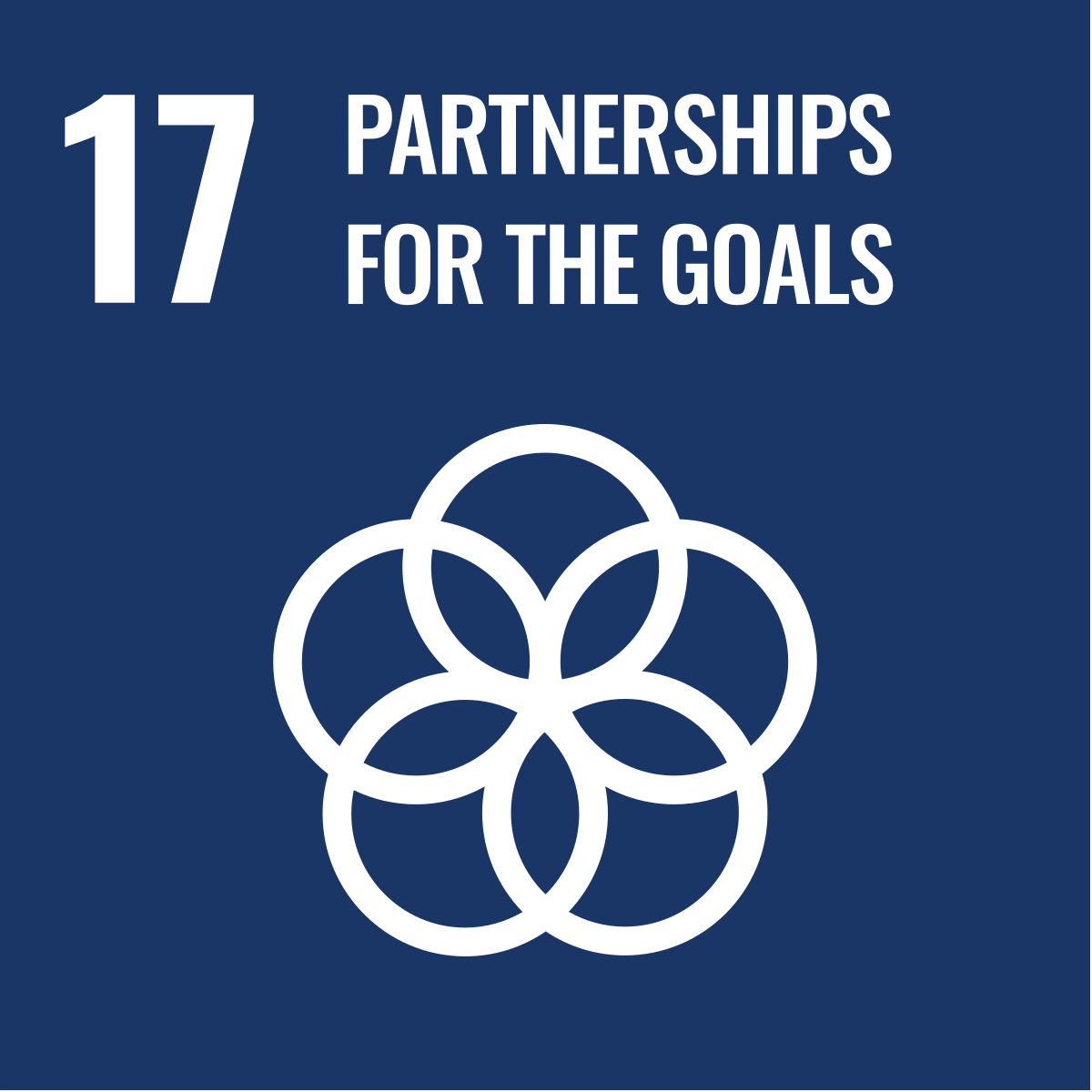"Emissions from the travel and tourism industry contribute to 8.8% of total global emissions."
We're working to change that.

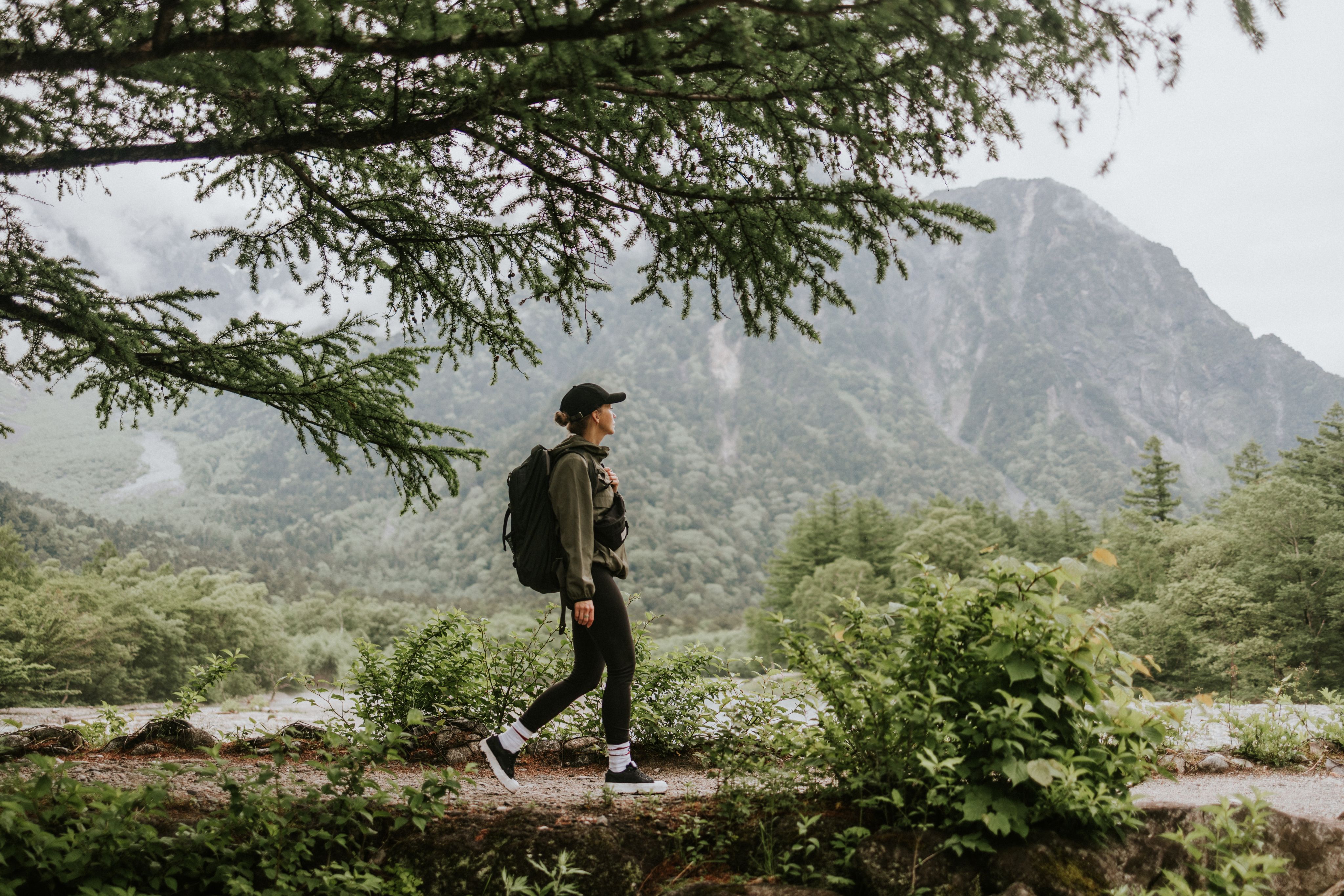
In hotel rooms around the world, little green signs ask us to reuse towels or turn off the lights. But are they really changing anything? At the University of Surrey, researchers think we can do better—and they’re proving it.
In partnership with Accor and Booking.com, the University is helping shape the future of responsible tourism by exploring how hotels can communicate sustainability in ways that actually work. The challenge is clear: while 83% of travellers say sustainable travel matters to them, there's often a gap between what they believe and how they behave. The key, it turns out, lies in the messaging.
The research team discovered four strategies that move the needle. First, be specific—guests respond better to detailed actions, not vague promises of being “eco-friendly.” Second, don’t make sustainability feel like a sacrifice; highlight comfort and joy. Third, empower rather than instruct—no one likes being told what to do. And lastly, make it familiar. Messages that remind people of home help build trust.
Using interviews, diaries, and behavioural tech like eye-tracking, the project revealed that thoughtful sustainability messaging doesn't just change behaviour—it creates a better guest experience, stronger brand loyalty, and a greener future for tourism.
Strengthening tourism through sustainable practices

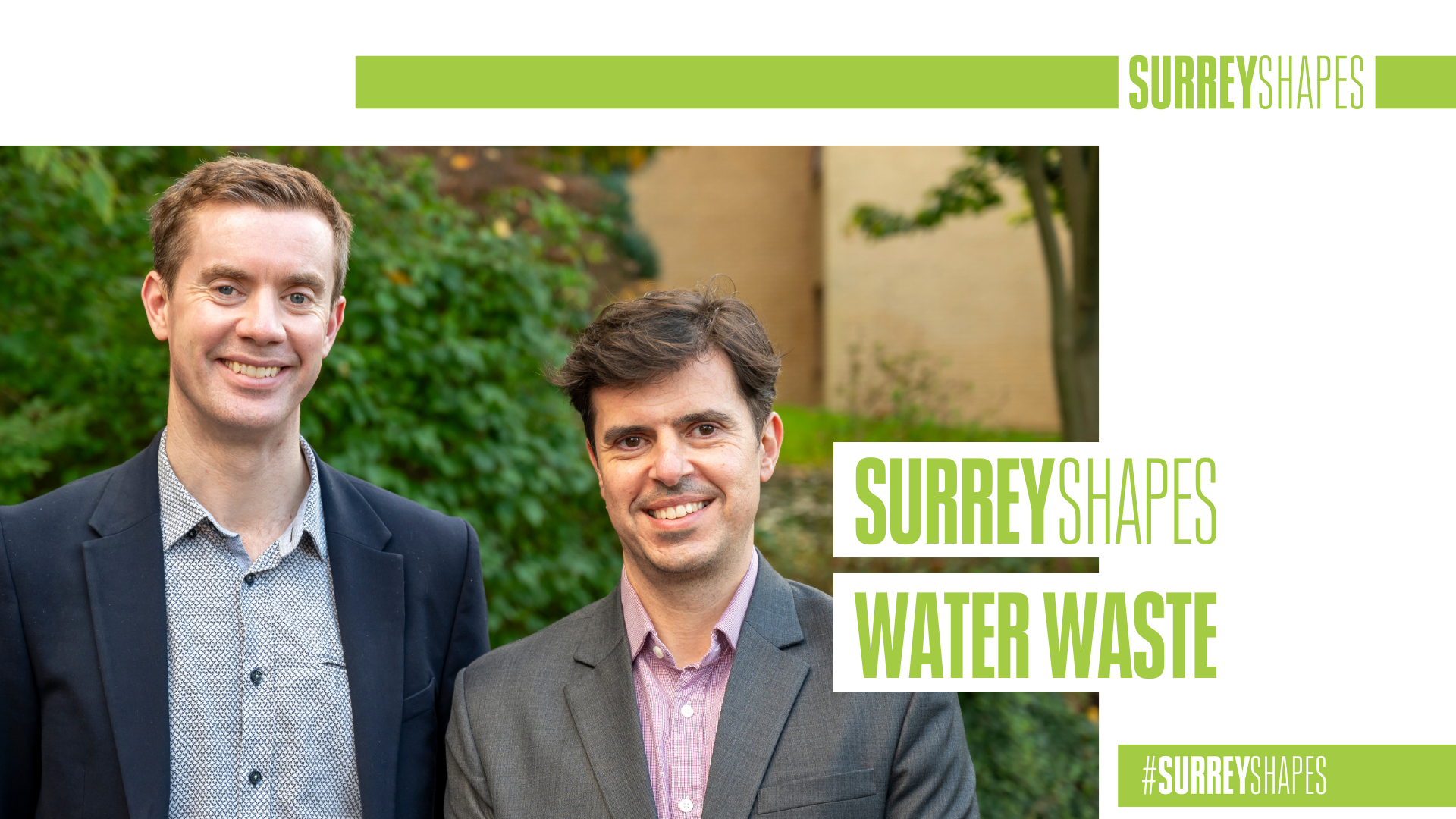
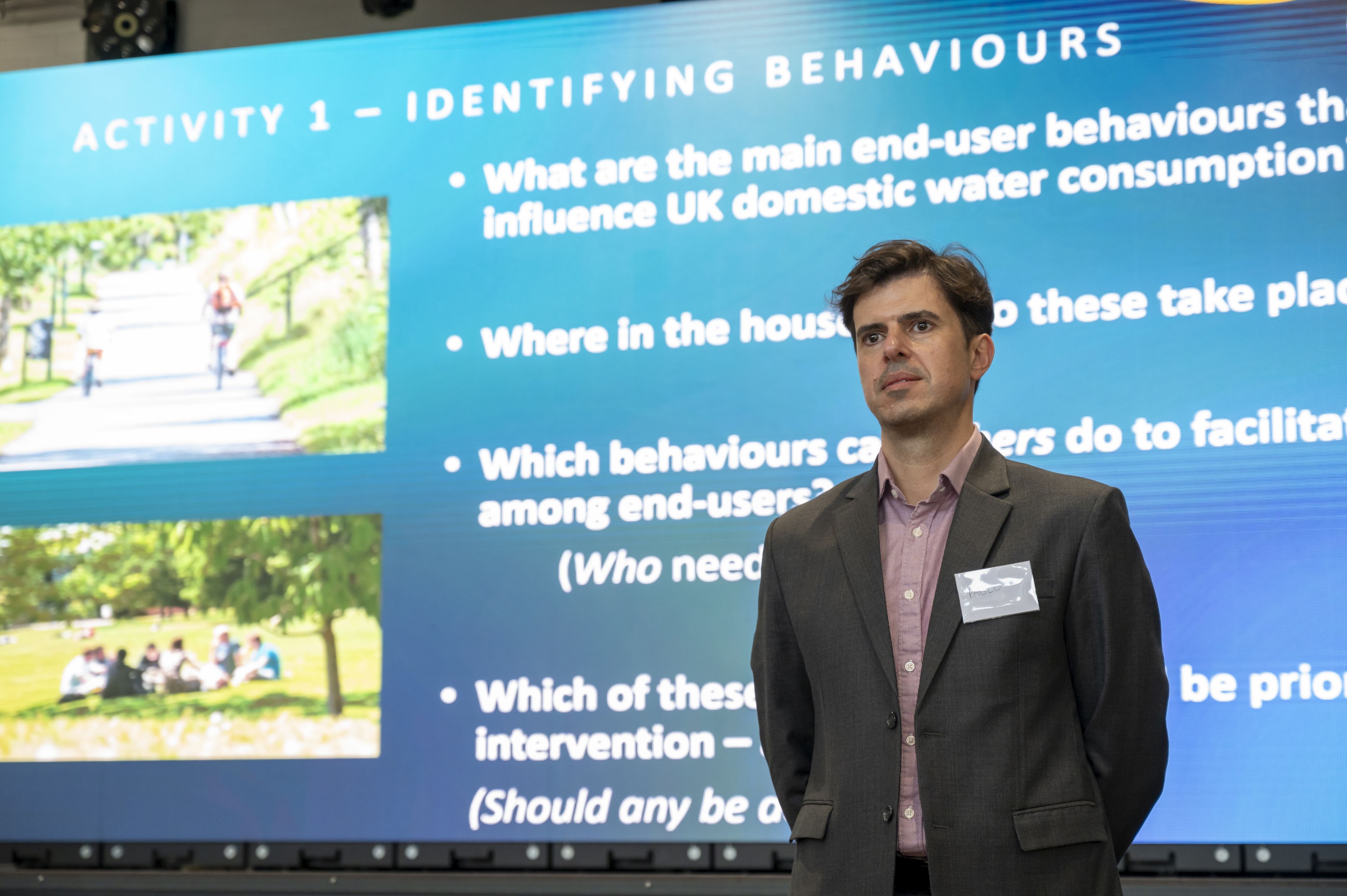
By 2050, England could face a daily water shortfall of 4,800 million litres. It's a crisis creeping ever closer, but one that still feels abstract to many. At the University of Surrey, behavioural scientists believe the solution doesn’t lie in scare tactics or restrictions—it lies in understanding how we use in our everyday lives, and changing the experience from the inside out.
Surrey’s Institute for Sustainability has launched an ambitious new initiative—Leading UK Water Conservation through Innovative Technology and Behaviour Change—to do just that. Backed by funding from the Economic and Social Research Council, the project combines behavioural science with smart tech to reduce water use without sacrificing comfort or convenience.
Rather than simply telling people to "use less," the team is exploring how technology and user-friendly interventions can make conservation effortless, even enjoyable -and how to connect with the water industry to put these insights into practice. Two goals anchor the project: creating a national White Paper in collaboration with policymakers and stakeholders to enhance water conservation, and building a ‘living lab’ on campus where new water-saving technologies can be tested.
At its core, the project is about reshaping daily habits in ways that stick. Because when sustainable choices are easy—and feel good—we stand a much better chance of keeping the taps running for generations to come.
Dr Pereira-Doel's work with shower timer technology reviewed 17,500 showering events from hotels in the United Kingdom, Denmark, and Spain, has seen shower lengths reduced by up to 25.79% – the equivalent to around 10 litres of (hot) water per event.
Researchers explored a behaviour change technique known as continuous, real-time eco-feedback, which is the process of feeding real-time information back to an individual during their behaviour with the purpose of reducing their environmental impact.
Analysis showed that shower water runtime was 77 seconds quicker (25.79 per cent) in the group that received continuous, real-time eco-feedback than in the group that received no feedback.
Shaping tourism for tomorrow's society
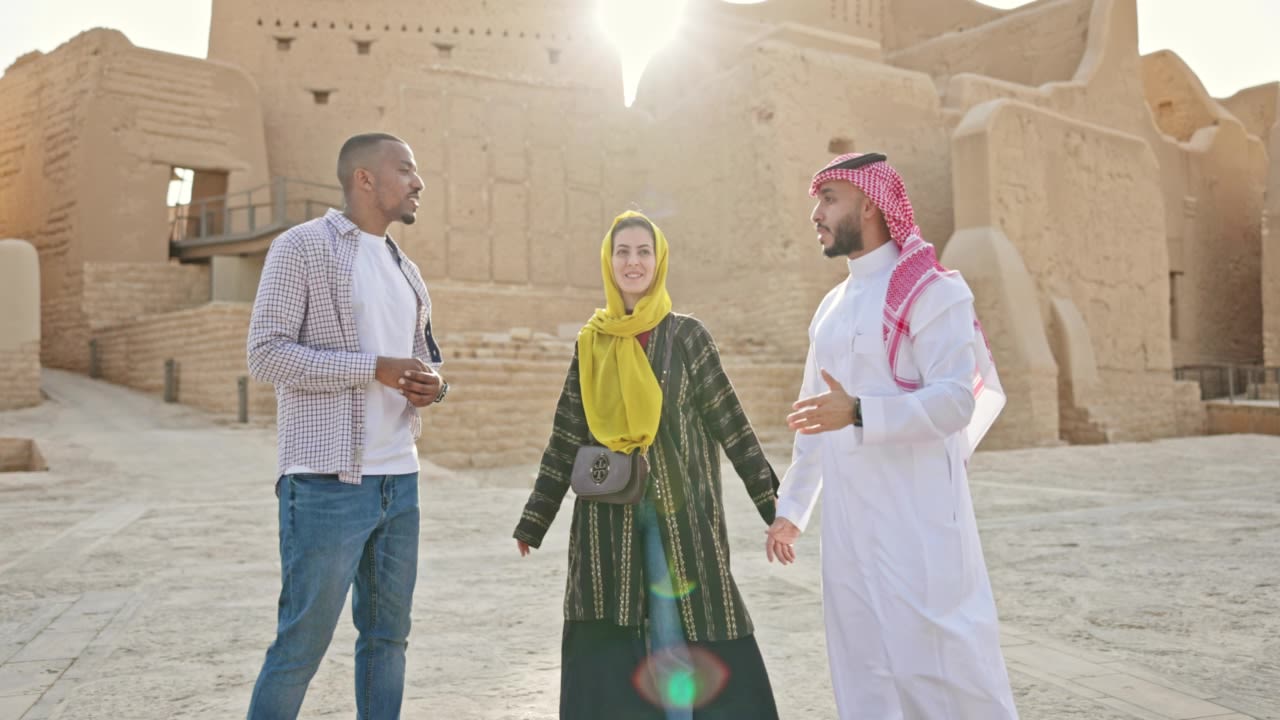
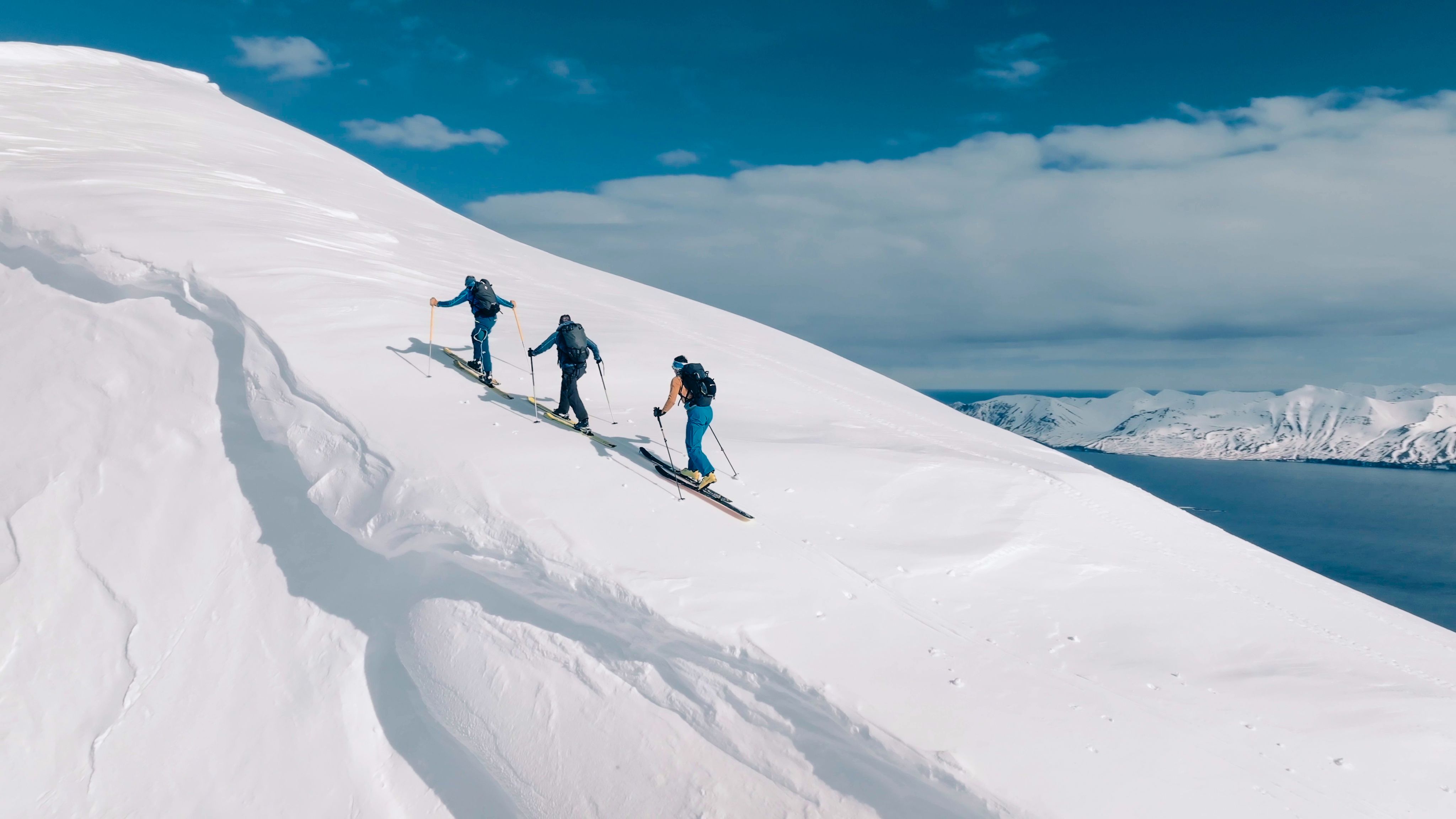
In the world’s coldest, most fragile environments, tourism is booming—and so is its impact. As glaciers melt and wildlife habitats shrink, the Arctic and Antarctic have become popular destinations for “last chance tourism,” where visitors rush to see natural wonders before they disappear. But that very rush is part of the problem.
At the University of Surrey, Dr Christy Hehir is leading efforts to better understand this complex relationship through a virtual geobibliography—a digital, interactive map that reveals where research on polar tourism and climate change exists, and more importantly, where it doesn’t.
The tool identifies critical gaps in our understanding of tourism’s role in accelerating climate change and the limited strategies in place for adaptation or carbon mitigation. It also exposes regional imbalances—showing, for instance, how the Arctic is far more studied than the Antarctic.
By equipping researchers, businesses, and policymakers with data-driven insights, Dr Hehir’s work offers a much-needed path toward more responsible tourism—before time runs out for the polar regions we’re so desperate to see.
Last year, Dr Hehir presented her research in parliament to the Environmental Audit Sub-Committee on Polar Research, highlighting how tourists have the potential to transform into conservation champions, boosting funding and enabling a sustainable future for Antarctic tourism.
We’re providing a means to visualise not only what we know but, crucially, what we don’t — highlighting areas where urgent research and policy attention are needed.
Making tourism a force for good

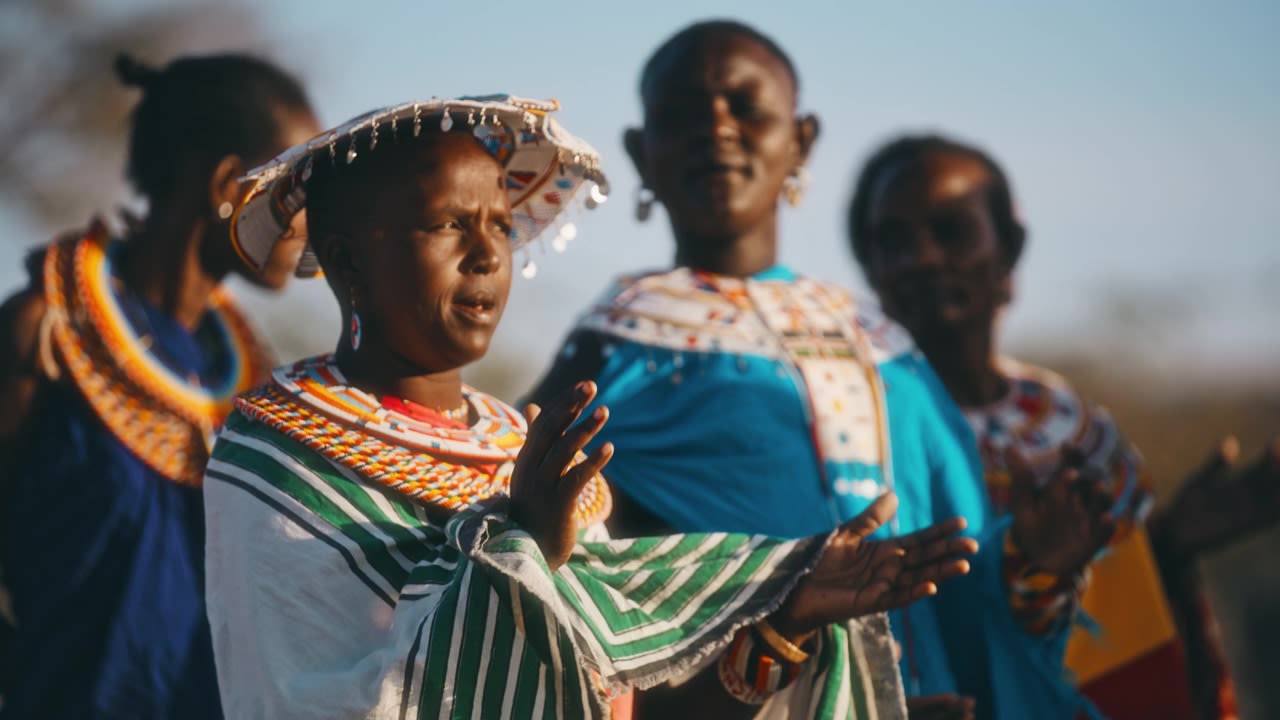
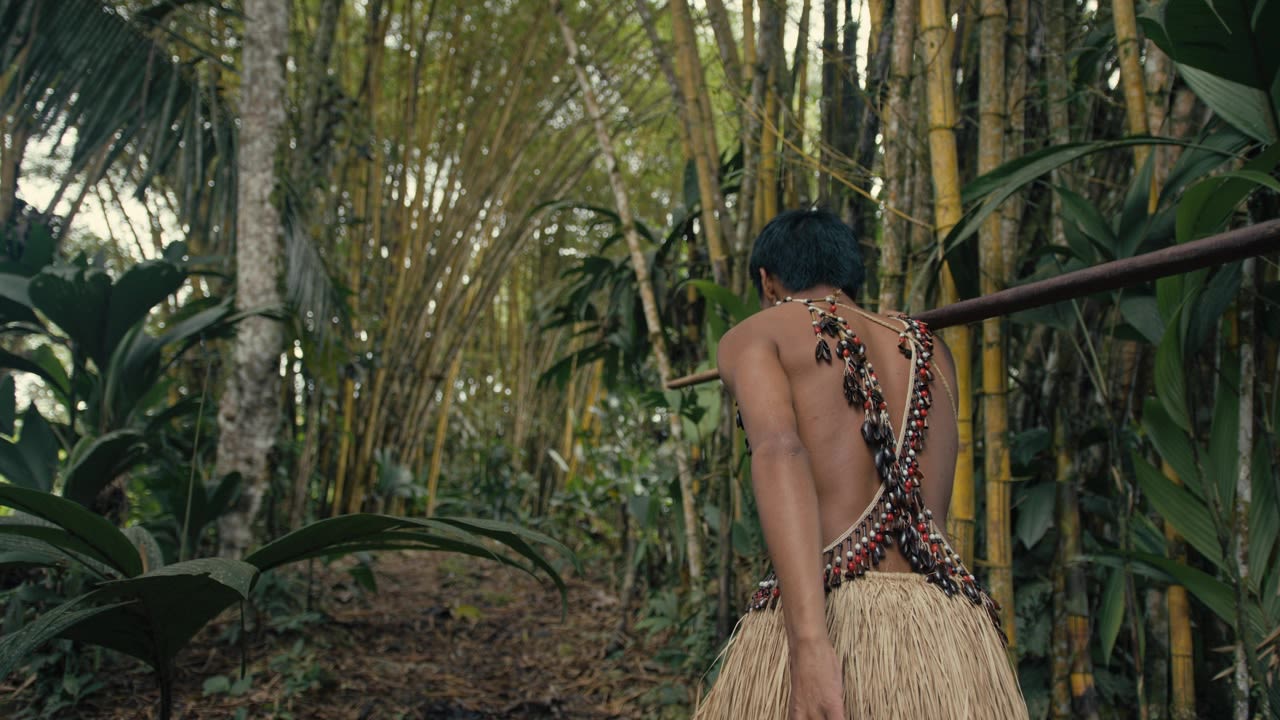
Dr Anke Winchenbach is working towards making tourism a force for good in Indigenous communities. Dr Winchenbach has created a toolkit to ensure that tourism not only respects Indigenous cultures and traditions but also actively supports their dignity, autonomy, and economic development. Through their toolkit, Maximizing Positive Impact and Dignity for Indigenous People in Tourism, the team are helping to reshape how tourism is approached in postcolonial destinations—turning it into an opportunity for healing, cultural preservation, and sustainable growth.
While tourism can offer significant economic and social benefits, it can also pose risks of exploitation and cultural misrepresentation if not managed thoughtfully. To prevent this, we are advocating for respectful collaboration between tourists, tour operators, NGOs, governments, and Indigenous communities.
By promoting education, ethical conduct, fair economic practices, and environmental mindfulness, the Surrey team’s research helps ensure that Indigenous communities are not merely sites of consumption for visitors but are active agents in shaping their own narratives.
Our work is important because it builds stronger, more equitable relationships between Indigenous people and the tourism industry, while empowering communities to protect their cultural heritage and improve their livelihoods on their own terms.
Shaping tourism with purpose, not pressure
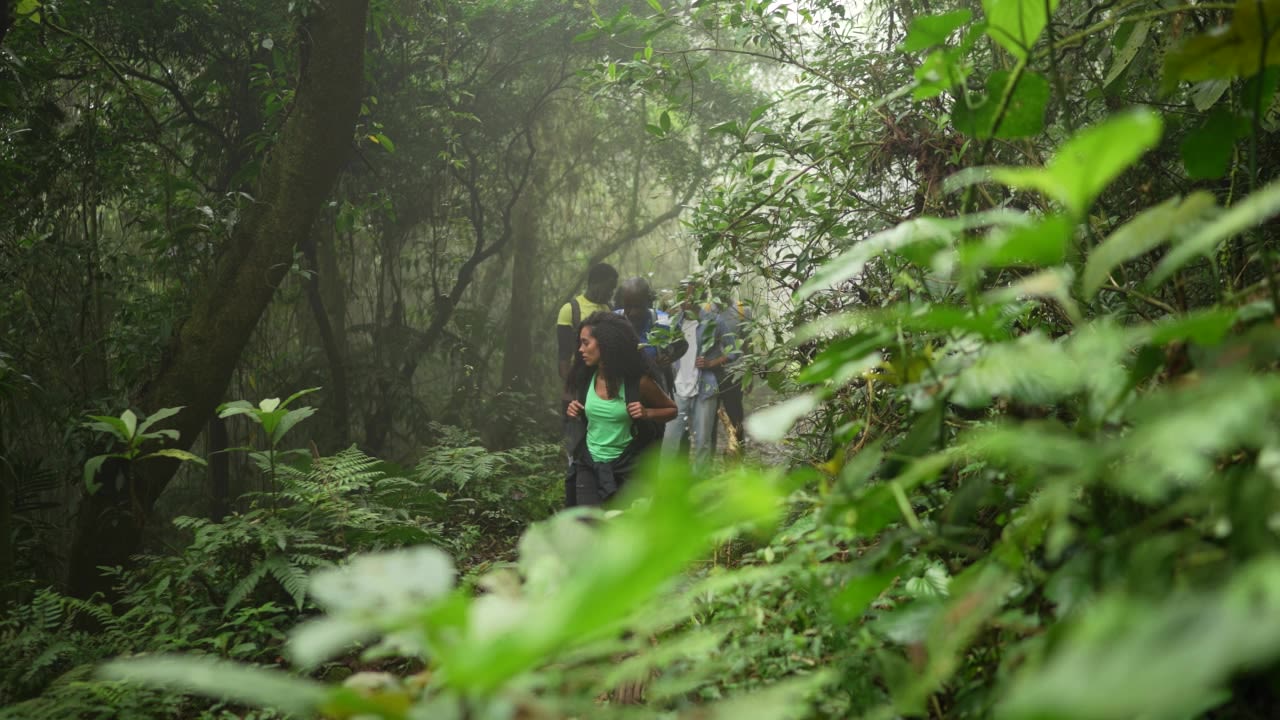

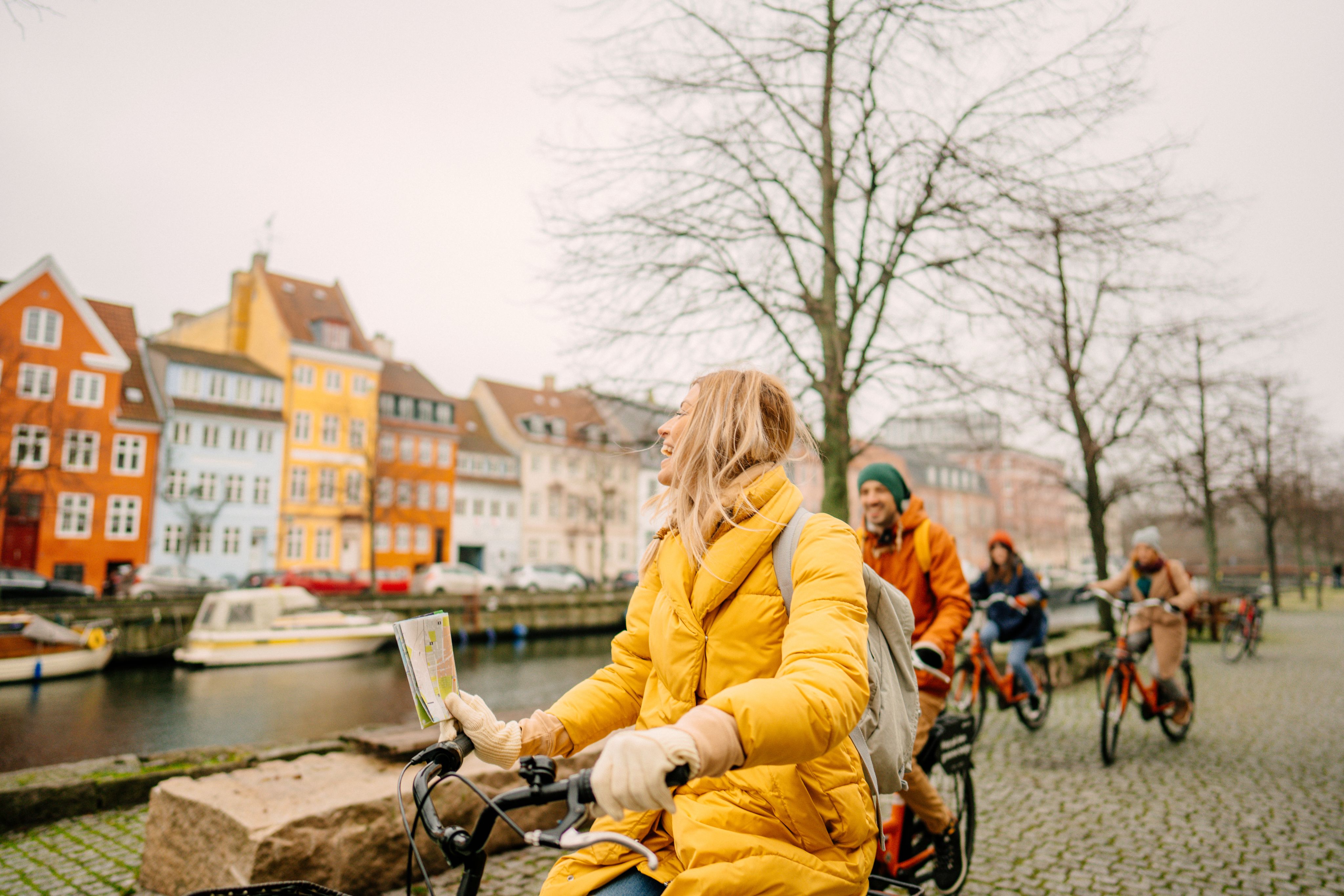
"Tourism is quietly fuelling the climate crisis. It accounts for around 8.8% of global greenhouse gas emissions, with accommodation alone responsible for over 6.37%. The hospitality industry is beginning to take responsibility, but it is clear they cannot do it alone. They need their guests to come along on the journey.
"While individual actions may seem small, their collective impact is powerful. Reusing towels and bed linen, for instance, can reduce laundry loads and the associated water, energy, and labour use by up to 17%. Just two minutes less in the shower saves 30 to 36 litres of water per guest, per day. Multiply that across thousands of stays, and the environmental savings become enormous, not to mention the relief it brings to local resources already under pressure.
"So, the potential is clear. But the problem lies in communication. Many hotels struggle to get sustainability messages across in a way that works. Guests often do not notice them, do not connect with them, or feel put off by the tone. No one wants to be told what to do or made to feel guilty for not doing enough. And even when guests choose to follow sustainable practices, if the message feels patronising or pushy, it can negatively affect their overall experience, making them less likely to return."
Safina Naz, Postgraduate Researcher
"Encouraging sustainable behaviour cannot just be about telling people what is right. It has to be about making them feel good for doing it. This is where our research with Accor and Booking.com came in to help hotels and accommodations across the visitor economy understand how to engage guests in meaningful, lasting ways. We set out to discover what types of messages make people feel good about doing the right thing. What helps them feel empowered instead of pressured? What kind of communication builds trust, autonomy, and a sense of personal relevance?
"At the heart of our findings is a simple but powerful truth. People are far more likely to do the right thing when it feels good, when it feels doable, and when they truly believe their actions make a difference. When we design communication that aligns with guests’ need to feel in control, connected, and capable, we do not just change their behaviour. We improve their experience."
"Of course, some scepticism still exists. Many guests wonder whether their small actions really matter, or if hotels are simply shifting the burden onto them. That is why it is not just about asking for change. It is about showing that change is already happening, and that every small choice contributes to something bigger."
People, planet and places in balance
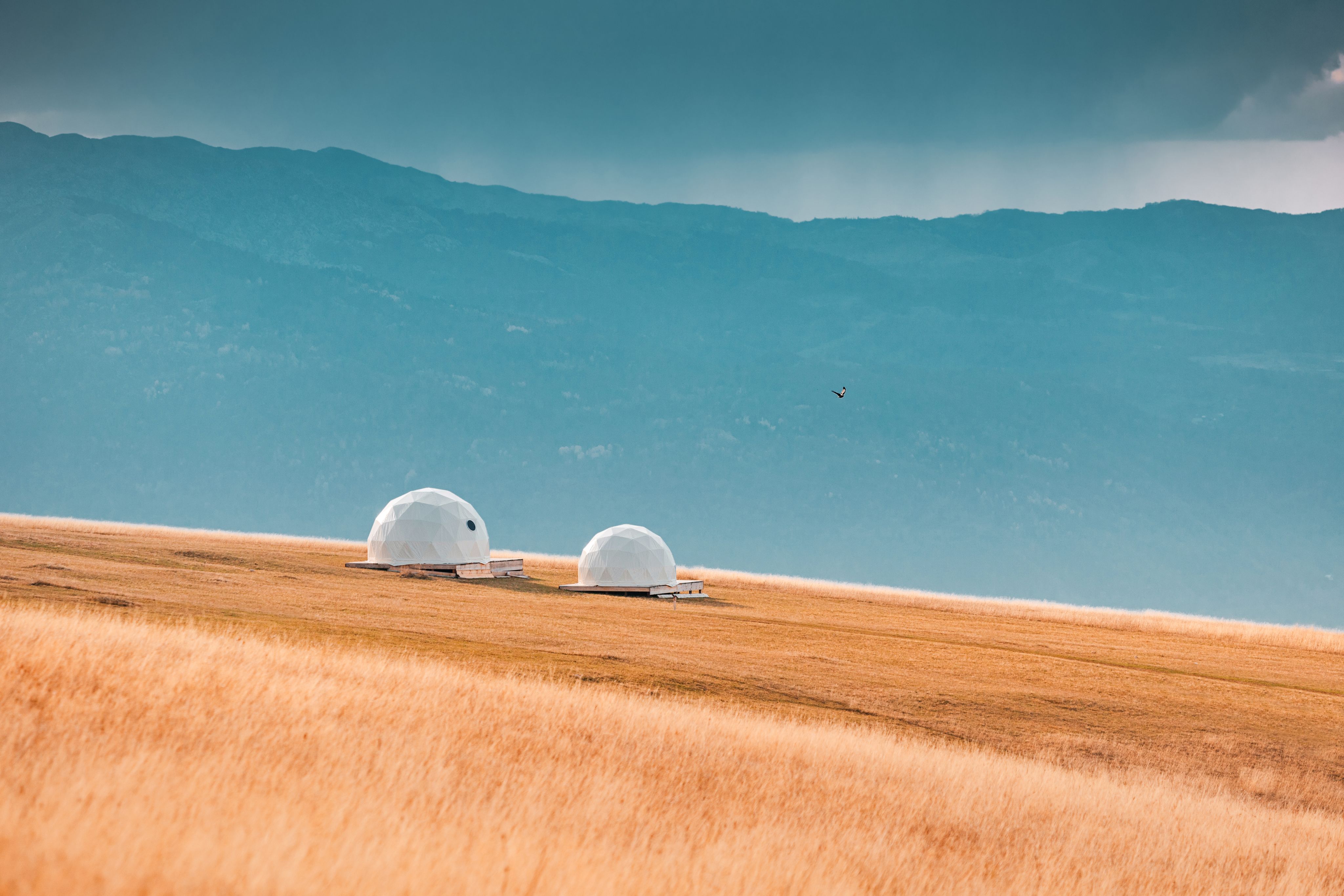
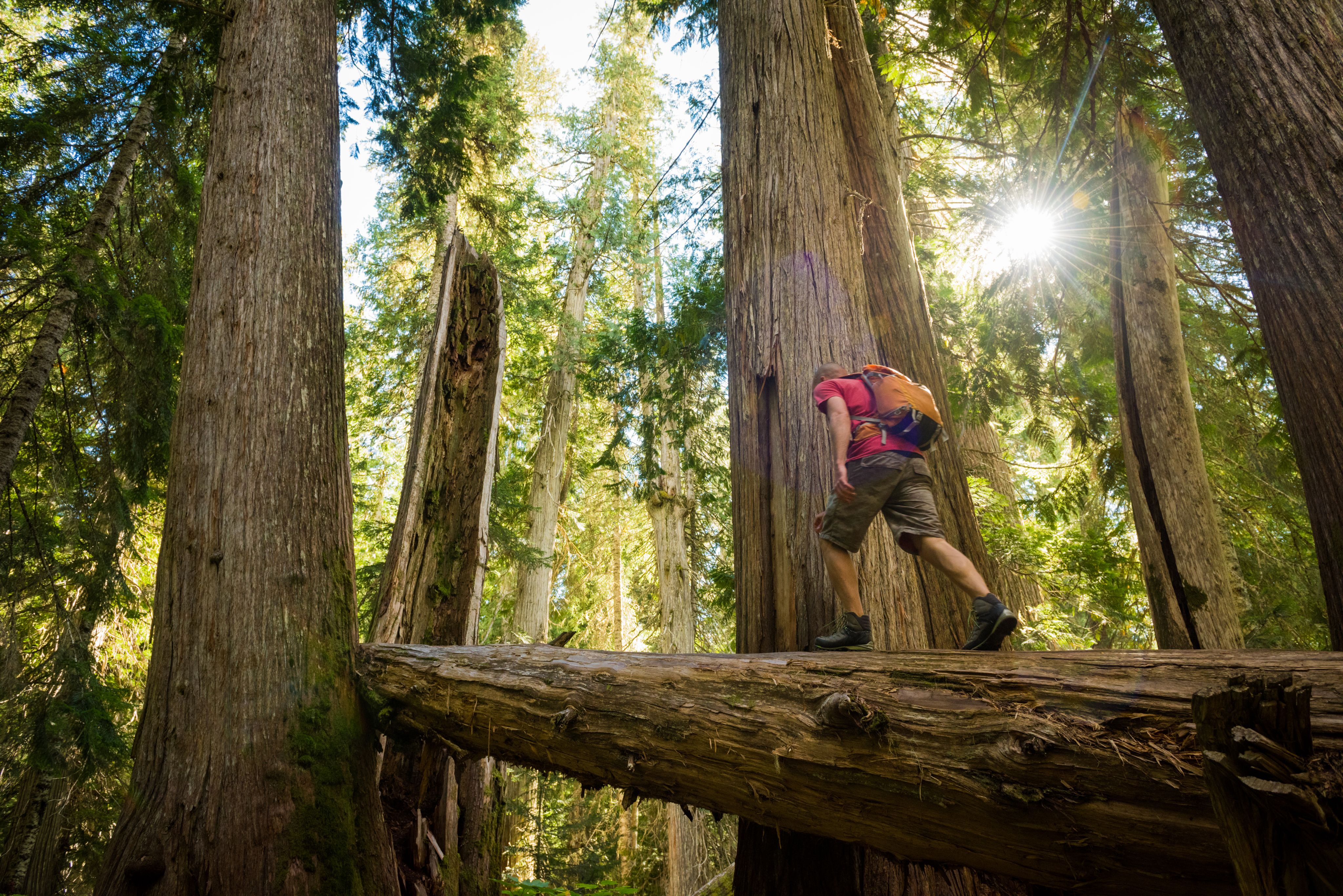
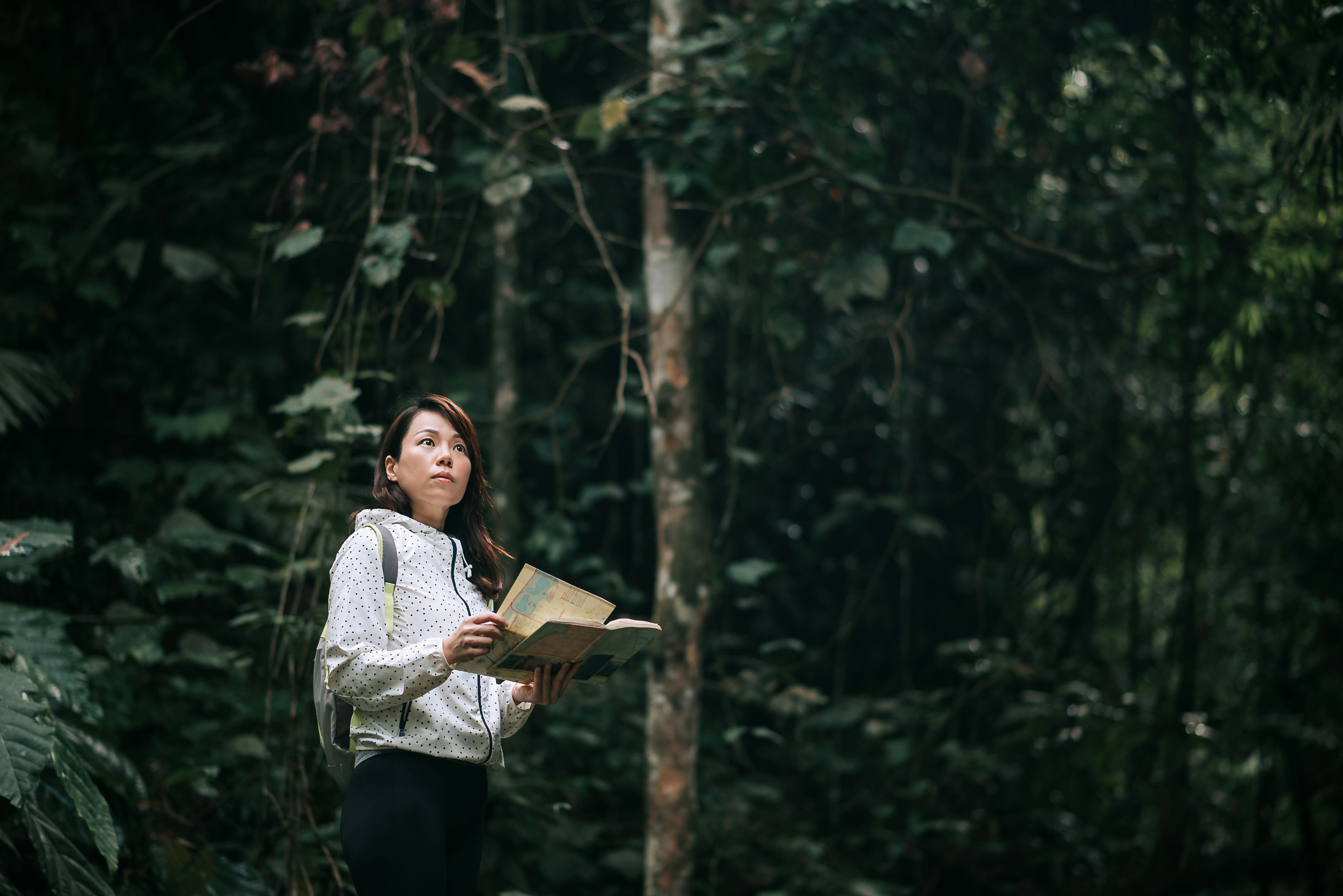
"Tourism has long been seen as a way to escape, explore, and connect with the world. But there’s a growing contradiction at its core: while travellers marvel at pristine coastlines, ancient glaciers, and untouched wilderness, the very act of travelling is helping to destroy those same wonders. The industry is responsible for nearly 9% of global greenhouse gas emissions, with accommodation alone accounting for more than 6%. This isn’t a side issue. It’s central to the climate crisis.
"And yet, the tourism sector continues to act like sustainability is a nice-to-have rather than a non-negotiable. It's not enough to install energy-efficient lightbulbs or ask guests to reuse towels. These gestures, while helpful, are superficial without meaningful behavioural engagement from travellers themselves. The truth is, many guests unknowingly undermine green initiatives—leaving lights on, wasting water, or ignoring recycling bins—not because they don't care, but because the messaging just isn’t connecting."
We’ve recently carried out research in partnership with Booking.com and Accor to shed light on how accommodation providers can shift that. The study shows that smart, psychologically grounded messaging can influence guests to adopt more sustainable habits—and actually feel good doing it. Clear, emotionally resonant communication that explains why sustainability matters and how guests can play a role is far more effective than vague instructions or guilt-laden commands.
"What the report uncovers is that people are willing—eager, even—to be part of the solution. They just need to be spoken to like adults, not lectured like children. Empowerment works. Transparency builds trust. Drawing parallels with what people already do at home can make sustainable choices feel second nature, not like a sacrifice."
If the tourism industry wants to survive the coming decades—not just environmentally, but reputationally—it must stop treating sustainability as an afterthought. This is a moment to lead, not lag. Guests are ready. The planet is waiting. It’s time the industry caught up.”
The path forward is clear—and it's bright.
This isn’t the end of the conversation; it’s the beginning of a new way of doing business. As we continue partnering with destinations, operators, and travelers alike, we’re building a blueprint for a tourism industry that thrives because it’s sustainable—not in spite of it.
We’re imagining what’s next—and inviting everyone to help shape it. Let’s go further, together.
